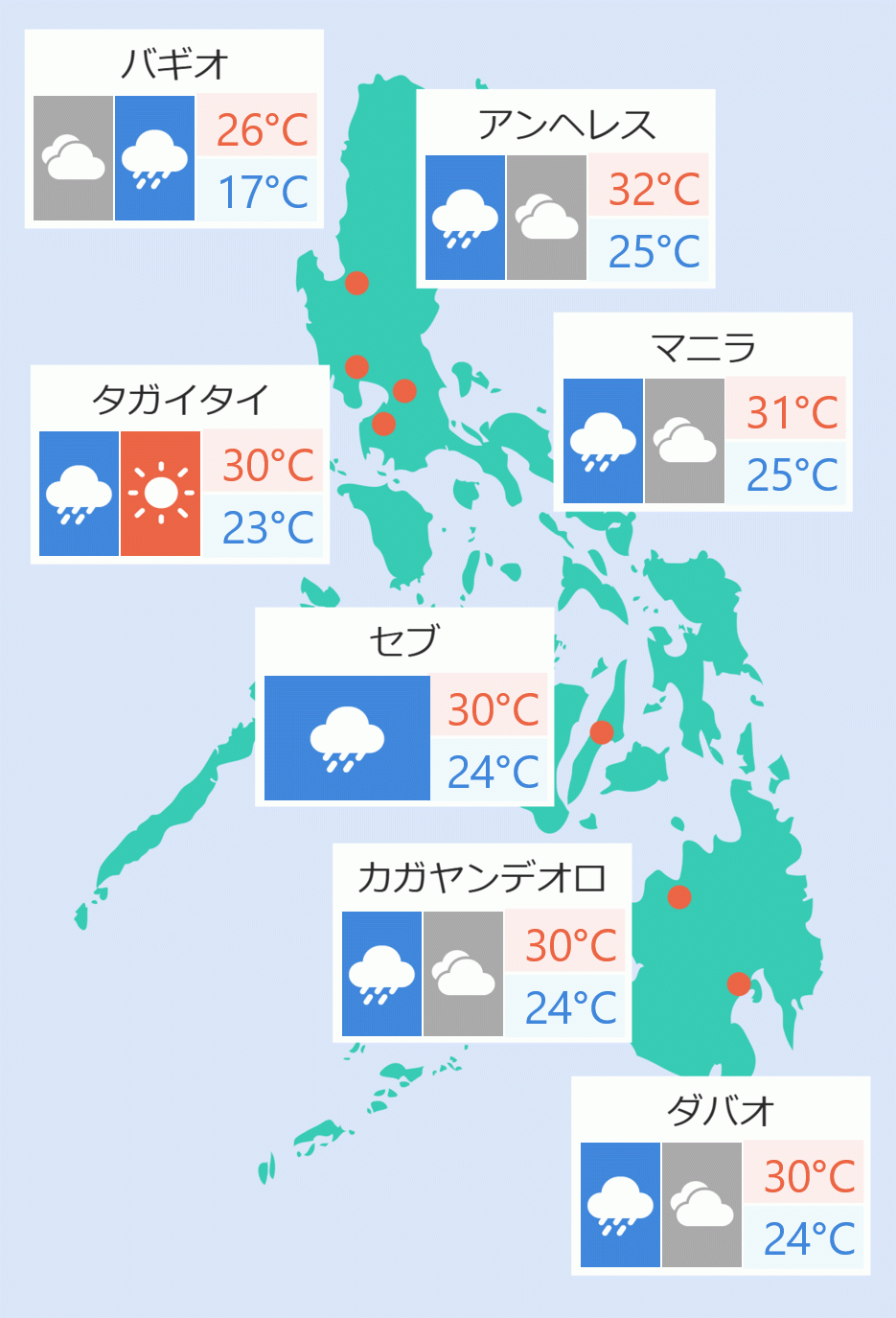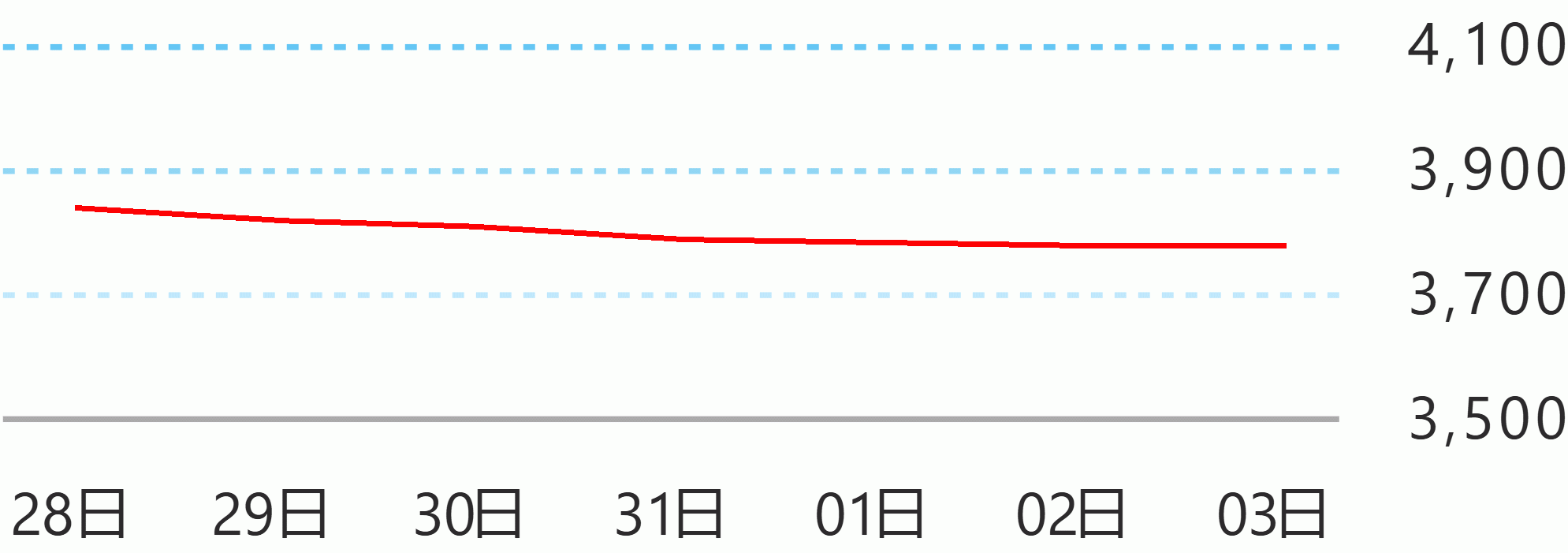President Rodrigo Duterte has approved the bill raising the excise tax on tobacco products, Malacañang said on Thursday.
Executive Secretary Salvador Medialdea, in a text message to reporters, said Duterte inked Republic Act No. 11346, or "An Act Increasing the Excise Tax on Tobacco, Imposing Excise Tax on Heated Tobacco Product and Vapor Products, Increasing the Penalties for Violations of Provisions on Articles Subject to Excise Tax, and Earmarking a Portion of the Total Excise Tax Collection from Sugar-Sweetened Beverages, Alcohol, Tobacco, Heated Tobacco and Vapor Products For Universal Health Care.
"To address the urgent need to protect the right to health of the Filipino people and to maintain a broader fiscal space to support the implementation of the Universal Health Care Act, the President has signed into law HB (House Bill) No. 8677/ SB (Senate Bill) No. 2233 Increasing the Excise Tax on Tobacco Products," he said.
The Department of Finance earlier said the tobacco “sin” tax reform measure provides for a unitary P45 excise tax increase per pack on tobacco products starting in 2020, followed by a series of P5-adjustments until the rate reaches P60 in 2023, and a 5 percent annual increase thereafter.
The unitary excise tax rate on tobacco products was earlier increased under the Tax Reform for Acceleration and Inclusion (TRAIN) Law from P30 per pack of cigarettes to P32.50 beginning January 1, 2018 and to P35.00 beginning July 1, 2018.
Starting 2020, heated tobacco and vapor products will also be taxed by P10 to P50, depending on the liquid volume under the tobacco tax reform bill.
Finance Secretary Carlos Dominguez III earlier said increasing taxes on tobacco products is only one aspect of “sin” tax reform, as higher taxes on alcohol products still have to be tackled and approved by the 18th Congress.
The DOF has proposed a tax of at least P40 per liter on alcoholic drinks.
Higher excise taxes on “sin” products will provide the government with the means to curb vices and undesirable behavior, while at the same time generate the hefty revenues needed to fund the UHC program, which will require as high as P1.44 trillion combined from 2020 to 2024, the DOF said. Celerina Monte/DMS





 English
English









